Indiana Debt Settlement
Indiana is home to 6,732,219 residents and ranks 17th in population within the United States while covering an area of 36,418 square miles, ranking it 38th in terms of geographic size.
This results in a population density of 183 residents per square mile that ranks the state 16th in the nation. Indiana’s state capital and largest city is Indianapolis, which is home to the world’s largest one-day sporting event – The Indy 500, with an attendance each year of approximately 400,000.

The city is also home to three Fortune 500 companies – Eli Lilly & Co., Anthem, and Simon Property Group. Indiana’s economy is grounded in manufacturing, health care, finance, insurance, education, professional services, government and wholesale trade. Almost 17% of the state’s non-farm workforce is employed in manufacturing – the highest percentage of any state in the country.
The Calumet region of Northwest Indiana remains the nation’s largest steel-producing center since 1975, accounting for approximately 27% of all domestically manufactured steel. Indiana is also the country’s second largest automobile manufacturing state, behind Michigan.
Indiana also has a strong presence within pharmaceuticals, ranking fifth nationally in total sales and shipments of pharmaceutical products while serving as the country’s second-largest employer of pharmaceutical related jobs. In terms of agriculture, Indiana is a major producer of corn, soybeans, melons, tomatoes, grapes, mint and tobacco, along with eggs and dairy products.
According to the St. Louis Fed, Total Gross State Product for Indiana in 2019 came in at $377.1 billion, ranking the state 19th in the nation. In addition to steel, automobiles, and pharmaceuticals, other important goods and services to the Indiana economy include factory machinery, medical devices, electrical equipment, transportation equipment, chemical products, rubber, petroleum and coal products.
Indiana’s Warsaw region is informally nicknamed the “Orthopedic Capital of the World” and is home to approximately one-third of the $38 billion global orthopedic market, with industry stalwarts Zimmer, Biomet and DePuy based in the area. The state is also home to twenty-four coal power plants – including the country’s largest, Gibson Generating Station. Indiana’s 2018 median household income level of $54,325 checked in 12.3% lower than the national median household income level of $61,937.
Indiana Economic and Debt Statistics
Indiana Economic and Debt Statistics
Indiana Residents and Debt Settlement
If you are a resident of Indiana and are currently burdened by high levels of unsecured debt – including credit card accounts, private student loans, unpaid medical bills and personal loans – the process of pursuing debt settlement may make sense for you.
Debt settlement occurs when a debtor successfully negotiates a payoff amount for less than the total balance owed on a debt. This lower amount is agreed to by the creditor or collection agency and is fully documented in writing. Ideally, this lower negotiated amount is paid off in one lump sum, but it can be paid off over time. Though creditors are under no legal obligation to accept debt settlement offers, negotiating and paying lower amounts to settle debts is far more common than many people realize.
Indiana Consumer Debt Laws
Credit Card companies and other creditors are permitted to contact Indiana residents directly regarding debts, particularly in a situation involving delinquent payments. However, debt collection agencies are required to comply with the the Federal Fair Debt Collection Practices Act (FDCPA), and are therefore prohibited from taking certain actions. Under the FDCPA, collection agencies are prohibited from informing employers about a debt or attempting to collect a fee in excess of any debt owed.
Debt collection agencies are also prohibited from communicating in a manner that simulates a judicial process or gives the appearance of a governmental action. Additionally, debt collection agencies are prohibited from contacting debtors or debtor family members at unusual hours or with a frequency that may be reasonably construed under the law as harassment or abuse.
Indiana supplements the FDCPA with legislation that protects consumers from “extortionate” extensions of credit, which are strictly prohibited. Extortionate extensions of credit occur when there is an understanding between the parties that that there may be violent or criminal means to harm a debtor in the event of non-payment, or to cause harm to property of the debtor in the event of non-payment. For consumers who pursue a claim under Indiana state legislation, the remedy is that the debt is wholly unenforceable under civil judicial process.


Indiana Statute of Limitations on Debt Collection
When sufficient time passes in a situation in which consumer debts have gone unpaid, a debt collector can lose the legal right to sue for non-payment. In Indiana, the statute of limitations on debt collection is six years for open credit card accounts, six years for oral contracts, six years for written contracts, and ten years for promissory notes.
For any time period, the clock begins ticking from the “date of default,” which is typically thirty days after the last payment was actually made. When debts remain unpaid prior to the statute time period elapsing in full, creditors maintain legal right to sue you for non-payment and are permitted to engage debt collection agencies who can make persistent attempts at collection – provided they remain within the bounds of Indiana debt legislation and the FDCPA.
Debt Settlement - Do It Yourself?
Getting out of debt is never an easy process. If debt settlement is the right avenue for you to pursue, be honest with yourself. Decide whether you possess the background, strength and fortitude to negotiate directly with creditors yourself – or whether engaging the services of an experienced and reputable debt settlement company will serve your needs best.
Remember, the goal is to save the greatest amount of money and time while minimizing any ensuing damage to your credit score and profile. A reputable debt settlement company will provide a realistic estimate and time frame for making offers to your creditors that can ultimately result in settlements that save you significant amounts of money, time, and aggravation.
Contact us here at United Settlement, where our experienced credit counselors possess relationships with the major credit card lenders and a broad understanding of the debt marketplace. We can help you navigate these waters successfully.
Debt Resources & Additional Reading
Additional Related Insights & Articles
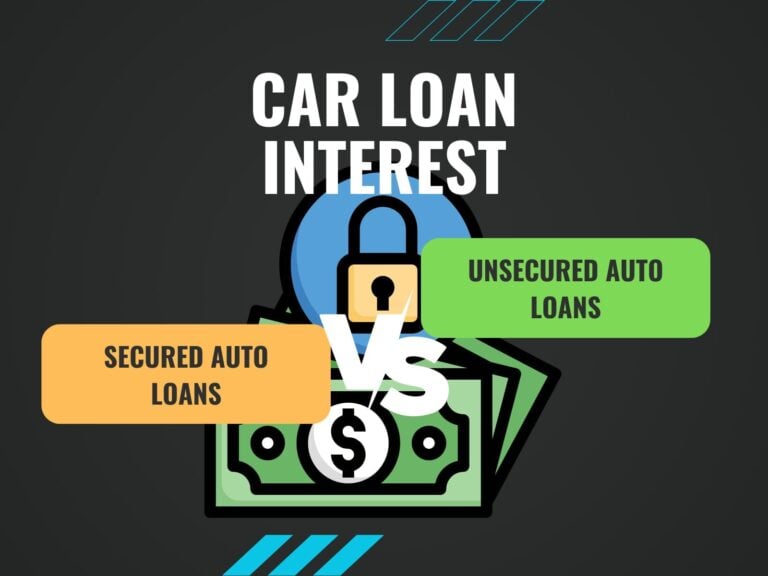
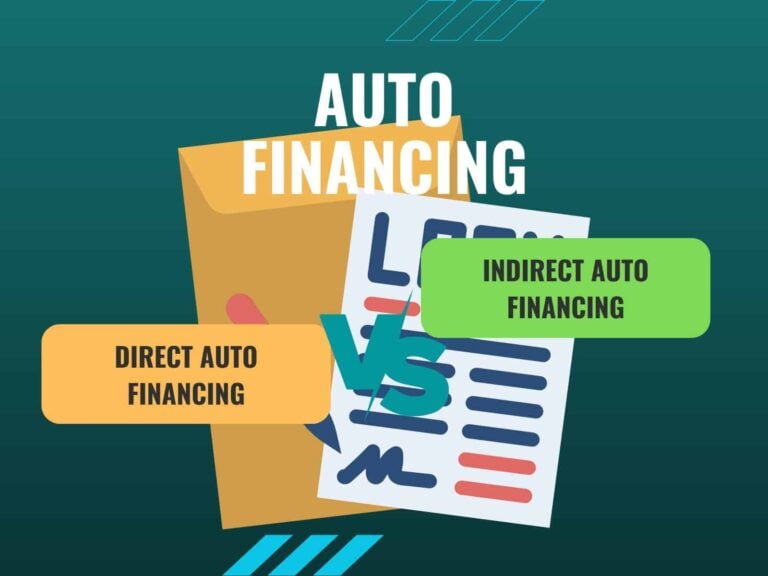
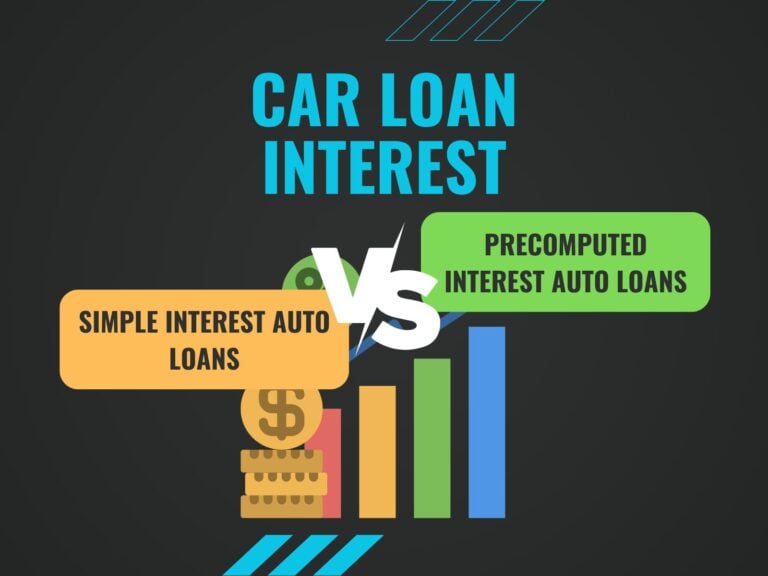
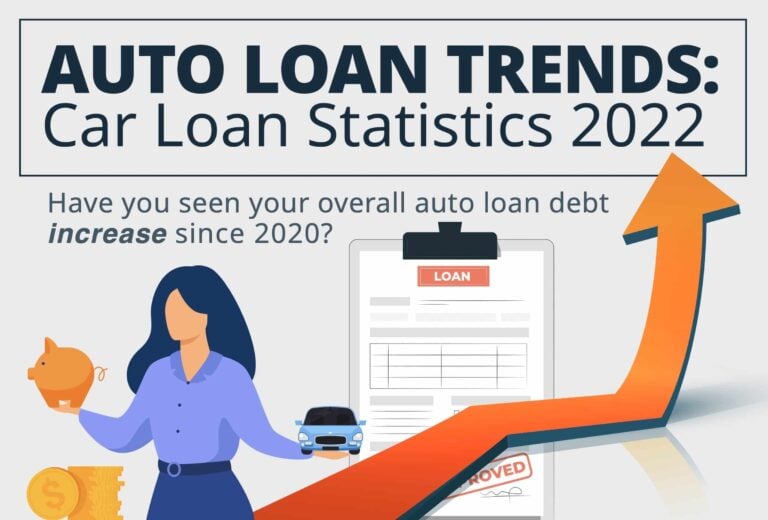

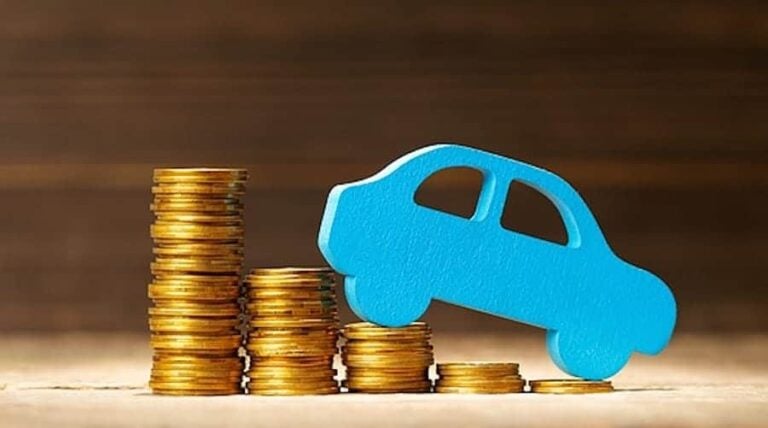

Debt Relief Reviews

Ready To Get Started?
See if you qualify for debt relief. Get a Free savings estimate to see how quickly you can be debt free.
Embrace financial freedom with our tailored solutions, expert guidance, and unwavering commitment to your success.
Experienced Professionals
Our experienced team has helped thousands of clients successfully eliminate debt and regain financial freedom.
Customized Solutions
We know every financial situation is different, so we design personalized debt relief plans to fit your specific needs and goals.
High Success Rate
Our proven debt relief strategies deliver real results. With a strong track record of success, we help clients achieve lasting financial stability.
Confidential Consultation
Your privacy is our priority. All debt relief consultations are 100% confidential and handled with the highest level of discretion.



